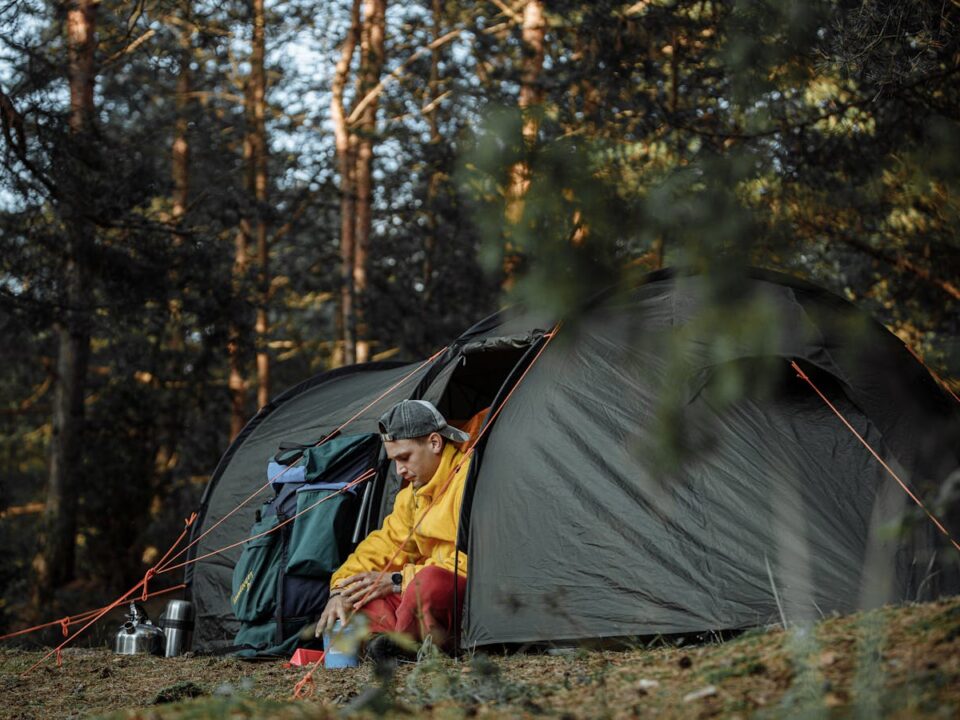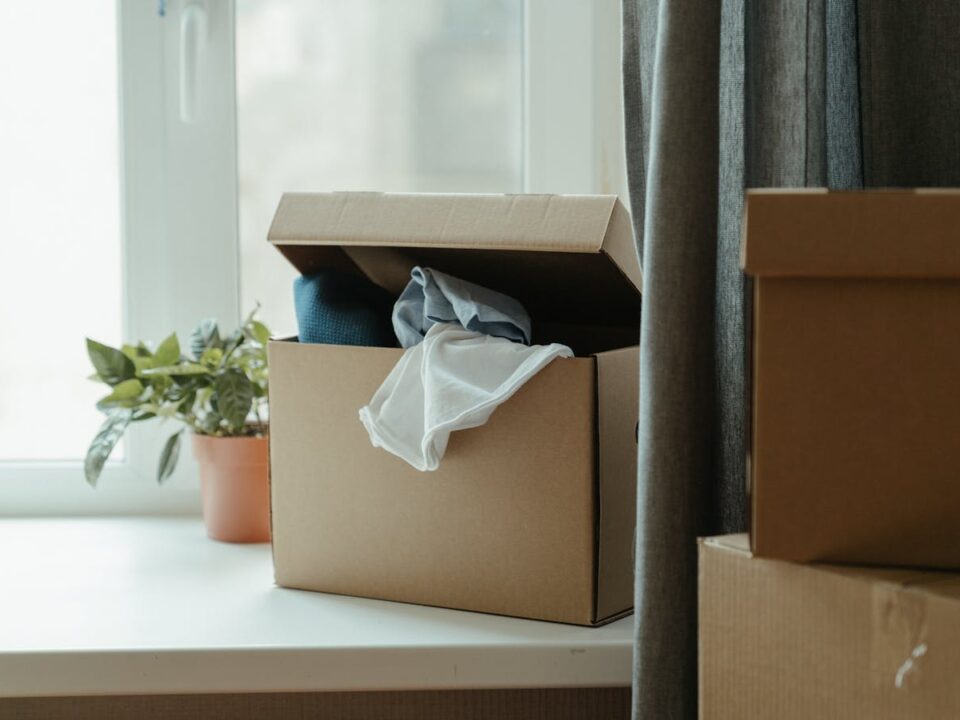The Benefits of Climate-Controlled Self-Storage During the Winter Months
Climate-controlled storage facilities represent a step beyond the typical storage units. While regular storage units provide space for your belongings, climate-controlled units offer additional safeguards. These specialized storage spaces employ heating systems, air conditioning, and humidity regulation to ensure that your possessions are shielded from extreme heat, cold, or excess moisture.
This extra level of protection is essential because fluctuations in humidity and extreme temperatures can cause harm to items in storage. For instance, high temperatures can distort furniture, while excessive moisture can ruin important documents, photographs, and delicate items you may need in the future.
Opting for climate-controlled storage enables you to not only store your belongings but also safeguard them from potential damage. These specialized storage spaces work to reduce moisture levels, effectively thwarting the growth of mold and mildew. The control of moisture within these units helps prevent the development of these damaging and unwanted elements, which can destroy fabrics, documents, and other moisture-sensitive items. Determining if you require a climate-controlled storage unit involves simple assessments. Certain items are generally recommended to be stored in a temperature-regulated environment. Answering a few fundamental questions can help you evaluate whether investing in a climate-controlled unit is justified.
Climate-controlled storage is recommended for particular items because these items are susceptible to potential harm resulting from extreme temperatures and changes in humidity levels. During winter, there might be higher humidity or moisture levels in some regions. Wood and leather furniture can be negatively affected by temperature and humidity fluctuations. Devices like televisions, gaming systems, and smart home gadgets benefit from storage units with humidity control.
Opting for climate-controlled storage is advised, particularly for clothes, with specific tips available for their proper storage. Temperature and humidity changes can degrade paper, making it crucial to protect valuable documents. Fine art can deteriorate in extreme temperatures and high-humidity environments. Instruments are susceptible to damage in storage units that are too hot, cold, or wet. Storing appliances such as refrigerators and ovens in non-climate-controlled units risks damage. Antiques, while not requiring advanced museum-like humidity control, vintage items benefit from basic temperature monitoring and humidity sensors. Novels can attract mildew and are vulnerable to damage from extreme temperatures.
Ultimately, the decision to opt for a climate-controlled unit is dependent on the items you wish to store and the level of protection you want to ensure their preservation. Assessing the necessity based on the susceptibility of your belongings to temperature and humidity variations can help prevent potential damage while in storage. The duration for which you plan to store your possessions determines the necessity of a climate-controlled storage facility. Short-term storage, say for a month or two, typically poses fewer risks to your items. However, if you intend to store belongings for a longer period, the likelihood of potential damage significantly increases. If your location experiences freezing temperatures during winter and surpasses 90°F in summer, or if you reside in an area with notably high humidity levels, it’s advisable to opt for climate-controlled storage. These conditions can potentially harm your belongings, making climate control a wise choice to protect your items from temperature extremes and high humidity.
Apart from the issue of temperature fluctuations and high humidity, climate-controlled units are an ideal alternative for those who take their security seriously. These facilities are always equipped with advanced security devices that include video surveillance, access control, and guards who ensure that your valuables are safeguarded. This extra security can give you the confidence you need, particularly if you are storing valuable objects or personal goods that should remain intact from theft and vandalism. Therefore, when looking at climate-controlled storage, you are doing more than protecting your items from the environment – you are also giving them a safe home while they are stored away.



